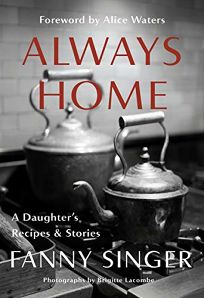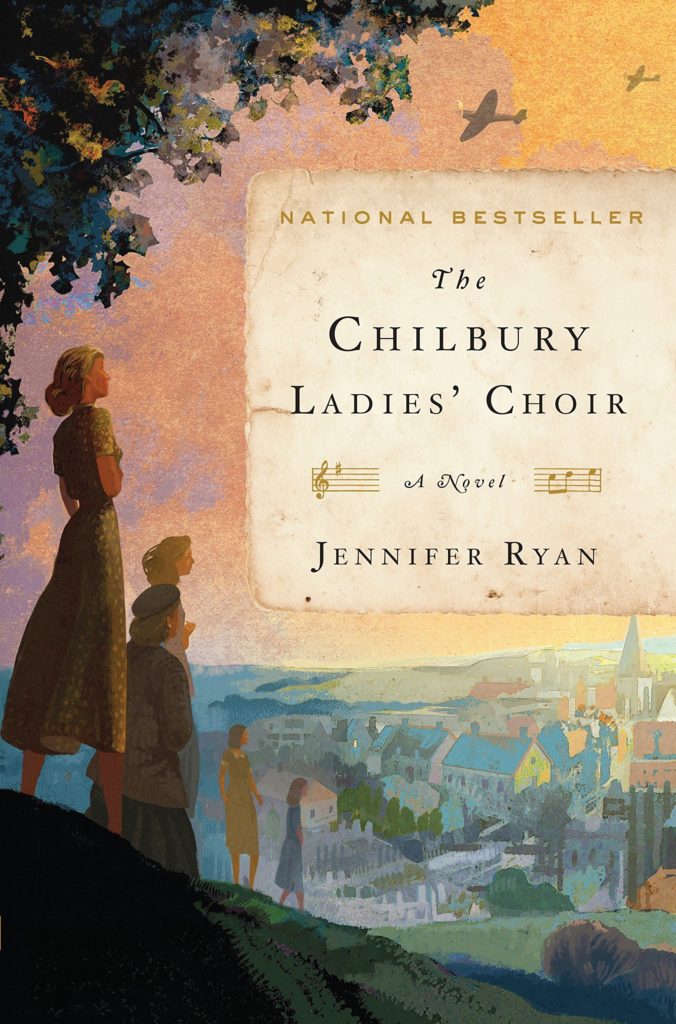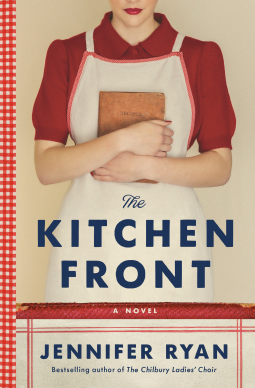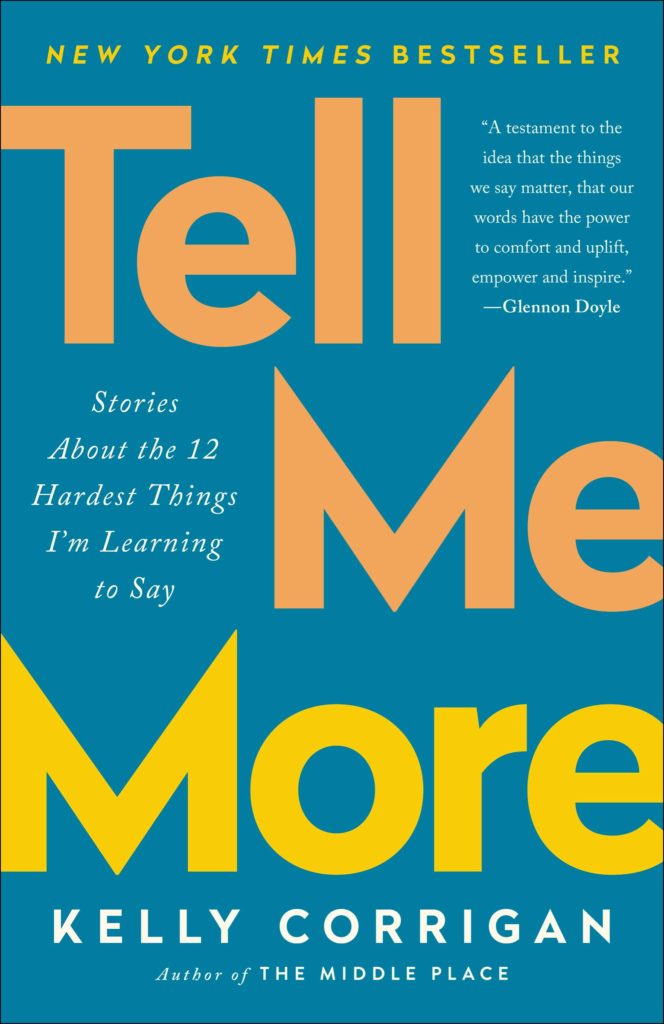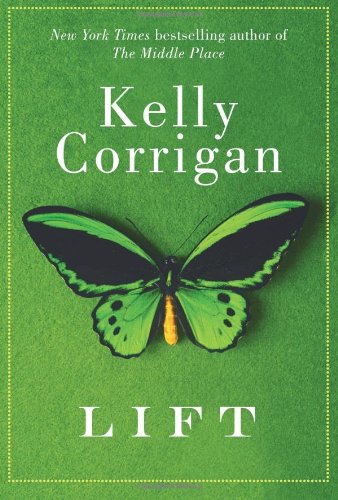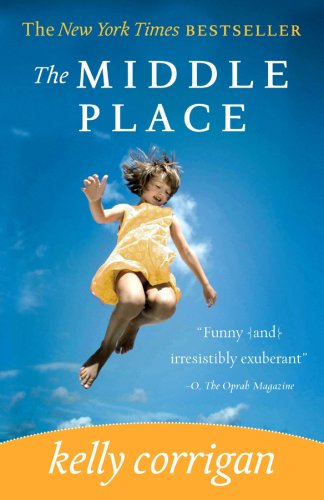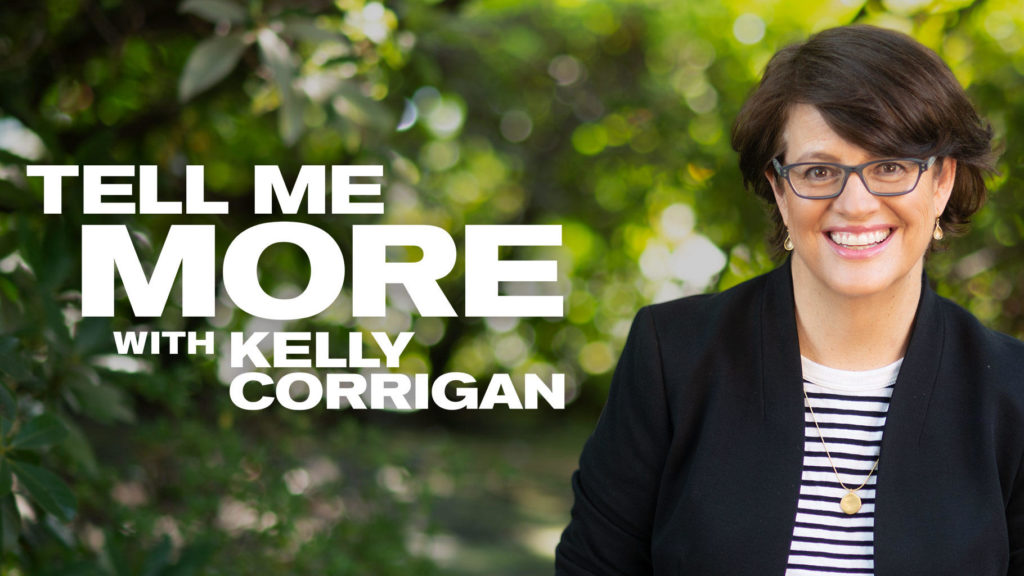Always Home by Fanny Singer
A fellow foodie friend loaned me his signed copy of this book — calling it the perfect escapist read during the pandemic. Given the title, I had to laugh and agree.
I just finished Always Home, having dipped in and out of it for many months now.
But first a little background; Fanny Singer is the daughter of Alice Waters, one of our most beloved chefs and founder of the famous Chez Panisse restaurant.
Alice was an early advocate of sourcing only the best local ingredients and is also known for her edible schoolyard program in Berkeley. And, although I am now weary of Alice and her endless publicity, I was fascinated to read this lovely memoir by her daughter, Fanny, who grew up in the glow of this revered chef.
Husband and I have been fortunate to have dined at Chez Panisse (and the more casual upstairs Fanny Cafe) and Always Home brings Fanny, her family, and behind the scenes of the restaurant to life. Turns out, Fanny was partially raised in the restaurant kitchens, surrounded by attentive chefs and prep cooks. Hers was a life full of love and really, really yummy food. Even Fanny’s lunchboxes were meticulously curated by her culinary-obsessed mother:
My lunches were not broken into courses as much as they were divided into multiple parts. There was a largish container that held a salad, a medium container for garlic bread (levain toast rubbed with olive oil and garlic), another for a season fruit compote or macédoine, a very small jar with a vinaigrette because, of course, we were both aware of the perils of prematurely dressing the salad.
Of course, I was intrigued by the recipes throughout the book and made notes to copy such delights as authentic French Citron pressé, various simple salad dressings, real Aioli, and Franny’s roast chicken which requires such high oven heat, that it comes with a warning to disable your smoke detectors.
I found Alice Waters’s quirks weirdly fascinating–her tendency to drink from bowls rather than mugs and to “jettison her silverware and delve in with her fingers,” expressing “a primal impulse to be closer to the thing she was eating, to be more sensuously acquainted.” Alice is dogmatic about sourcing only organic, locally-sourced ingredients and it’s revealed as what it actually is – an life-long obsession — which is termed “Chez shopping”.
But mostly I was drawn into the beauty of this life — how even the simplest meal could be made special, the focus on the fresh ingredients, and even the endless curation of flower arrangements everywhere:
Flowers were for my mom not just a confection to be enjoyed at the restaurant, but a part of what made any room complete. Billowing leafy branches and a few stems of some decidedly un-showy flower seem to be permanently installed in a large green urn in the far corner of the kitchen.
Fanny’s childhood trips to France are some of the best parts of Always Home — how their French friends sought beat up Brocantes (antiques) to restore, the overgrown but abundant garden, and evening meals outside under heavily scented rose bushes.
At the same time, this was (and is) a privileged life of wealth — surrounded by renowned cooks, celebrated artists, the access to abundant food resources, and the Berkeley bohemian culture. There is no shortage of name dropping, and a wee bit of trying-too-hard-overwriting. But, in the end, Fanny’s love and admiration for her mother emanates from every page:
There is a quality of ‘homecoming’ that transcend location, and not just because I reach deep into my repertoire of my mother’s recipes to animate her table through mine, but also she is somehow present even when she is not.
Always Home is charming, funny, full of love and really, really (did I say really?) good food. And, hey, any book that helps make a home special for those we love, and perhaps even ourselves, is beyond value these days.
But let’s turn to one of my favorite foodie writers Ruth Reichl — here is her review of Always Home
You will probably pick up this book because you’re curious about how it feels to grow up with Alice Waters as your mother. But you will inevitably be captivated by Fanny Singer’s sensuous voice and sensible soul. The writing’s lovely, but more than that, Fanny has struck a kind of brutal honesty that is extremely rare and completely beautiful. Her writing makes you want to taste every flavor she describes, and soon you’ll be dashing into the kitchen to make watercress soup, wild fennel cakes, and breakfast pudding. But the really important thing is that I’m pretty sure everyone who reads it will come away with the same feeling that I have: Why don’t I live my life like this? How can I do better? I love this book.”
A side note, this is quite an expensive book, however it feels nicely substantial in one’s hands, it’s printed on heavy paper, and contains many beautifully produced photographs. And the best — it’s bound so it will stay open for the recipes. Such a pleasure to have a book printed with that sort of craft and thought.
The Chilbury Ladies’ Choir by Jennifer Ryan
Crown Books sent me this book ages ago and I only just remembered it when I just received Ms. Ryan’s most recent book. I decided I ought to read the first book first. I just finished it the other night and so, with apologies for the late review, here are my thoughts on The Chilbury Ladies Choir.
The story takes place in Britain in 1940. Most of the men in the village of Chilbury have left or are leaving to fight in WWII. The Vicar decides to shut down the village choir due to the lack of male voices, but the women of Chilbury village decide to start their own choir — The Chilbury Ladies Choir.
These choir members make up an memorable cast of characters : a widow devastated when her only son goes to fight; the older daughter of a local scion drawn to a mysterious artist; her younger sister pining over an impossible crush; a Jewish refugee from Czechoslovakia hiding a family secret; and a conniving midwife plotting to outrun her seedy past. The choir soon becomes significant, not only for its members, but also for the village — as they practice to enter the regional choir competition.
This story is told in letters and journal entries and through very different points of view we see the hardship, loss and resilience of these women of the Chilbury Choir all dealing with war on the home front. There are some men left in the village, both young and old, who provide the ladies (and this reader) with gossip and entertainment.
This is an engaging book and I found myself invested in the various women and their plights — not to mention the choir competition. I stumbled a bit with some of the letter and diary entries, as they didn’t always ring true – as actual diaries or letters. The descriptive detail felt false in such a form i.e., ‘his fingers toying with his mustache as if it were a battlefield’.
The Chilbury Ladies Choir is unusual and rewarding novel of the lives of a small-town group of women facing the trials of WWI Britain.
Now I can start Ms. Ryan’s newest WWI novel.
Thanks to my dear and patient 20-something friends – you can now follow me on Instagram. Just scroll down and click on the Instagram link in the lower right.
@bookbarmy #chilburyladieschoir #jennifer_ryan_author
Turns out all those hashtags you see everywhere actually mean something.
A digital review copy was kindly provided by Crown Books #crownbooks via NetGalley.
Why I love ALL my books
People always comment on the many books I have collected in this tiny house. They inevitably ask, “have you read all these books?” And my response is “no, not yet…but I will”. A younger visitor once said, “all these books around, that would just make my head hurt”! I often get comments on the space-saving-benefit of digital books. I just give these poor souls my tolerant Book Barmy smile, and we carry on with other, less troubling, topics.
Now I’ll tell you a short tale of how I just recently experienced a re-appreciation of having all my books here and physically available to me night or day.
I subscribe to the NY Times Book Review — just the book review section, not the entire paper. It’s fairly cheap and I’ve been subscribing for years. But they do tend to pile up. So the other evening, with a big cup of tea, I went through the stack. I like to read them in chronological order so that the letters to the editor relate back to the previous book review section (yes, I am actually that geeky).
There was a wonderful essay by Min Jin Lee, called Shelf Lives, in which she wrote about her experiences as a young reader who read voraciously. She recalled getting her first library card and which books she selected when she could read from the adult section.
The following week’s section had several letters reacting to this essay. One letter writer recalled picking up W. Somerset Maugham’s short story collection at the age of 12, and reading the first story entitled Rain. When finished, he’d experienced reading not only a very adult story, but also a first exposure to the art of ellipsis. Here’s what he wrote:
Great storytellers make readers co-authors, letting them complete with their imagination what has been left unsaid on the printed page. For the first time in my young life, I felt like an adult.
Hmm I thought, I’ve got to read this. I wandered over to my grandfather’s book collection of classics, and there it was — The Complete Short Stories of W. Somerset Maugham
I sat right down, opened up the first volume and read Rain right then and there. I had to see what this letter writer was talking about. The letter writer was right — here was a short tale of the tropics, torrential rain, and a critique of missionaries, not to mention religion. And, yes the ending lets the reader fill in the plot. I’m now slowly working my way through this two volume set – one story at a time. I’ve never read Maugham before and discovered a wonderful writer – all due to a letter to the editor of the NY Times Book Review.
So that, dear readers is why I cherish having (and hereby justifying) all my books – especially those I’ve never read.
What’s on your shelves just waiting to be discovered?
Look for Masterpiece Theater Sunday Night
Us by David Nicholls was a surprise favorite read a few years ago. You can read my full review HERE.
Douglas and Connie, a British couple have planned a vacation through Europe, but it’s nearly called off when Connie wakes up and says “I think I want to leave you.”
Douglas forges ahead and cajoles his wife to enjoy one last hurrah with their teenage son, who is soon off to college. And thus begins a bittersweet and awkward journey through Europe.
These are real and familiar characters; especially the befuddled Douglas, certain he can fix something unfixable if only he applied enough logic, pragmatism, and unfailing optimism. Everything that can go wrong on a trip – does. I found Us, the novel, both funny and touching.
This Sunday, PBS Masterpiece is starting a series based on the novel and the preview looks promising. I have it marked to watch. The scenery alone will be worth it for me, as I’m starved for Europe. Maybe you’ll want to watch as well. Masterpiece Theater, Sunday night 9PM (USA).
Kelly Corrigan
I’ve not yet told you about one of my favorite authors — Kelly Corrigan.
The Huffington Post said it best ~~ “Kelly Corrigan is the Poet Laureate of the Ordinary.”
I’ve read (nay, fallen in love with) her essays and memoirs. Her writing is brilliantly insightful about parenting, human nature, and the importance of human connection. Ms. Corrigan can find the good and the funny in almost everything – including her own bout with cancer. She writes about love in all its forms, the messy-ness of life, tragedy of loss, her failed self-improvement plans, and reflects often on the power of the words you speak — the idea that the things we say matter, and that our words have both the power to crush a soul but also can comfort, empower and inspire.
Here’s one of my favorite Corrigan quotes:
That’s how it works: someone important believes in us, loudly and with conviction and against all substantiation, and over time, we begin to believe, too—not in our shot at perfection, mind you, but in the good enough version of us that they have reflected.
You may have heard of Ms. Corrigan from her relatively new PBS show “Tell me More”.
There are new episodes of Tell me More coming in October but until then you can watch the older ones HERE. She’s a relatable, natural interviewer and you can feel her subjects relaxing into a nice long safe chat with her.
However, the reason for this post, other than to encourage you to find her books, is to recommend watching her recent commencement speech which a good friend shared with me. If, after watching this, you’re not choked up, you’re made of tougher stuff than I.
HERE is the commencement speech.
And because I’m sure you’ll need more of her HERE is a compilation of her speaking events.
So, if you’re like me, there are times you just need someone normal, natural, real and very, very funny – please turn to Ms. Corrigan.
Anxious People by Fredrik Backman
I was delighted by A Man Called Ove, both the book and the film. Since then, I’ve tried some of Mr. Backman’s other books but none were nearly as good. So I opened Anxious People with a bit of dread — please be good, please be good I muttered to myself. (Don’t you talk to your books? I do, as few else listen.)
Now, you should know it has taken me forever to write up my thoughts of this widely popular and best-selling novel.
You see, I had trouble with Anxious People, yet enjoyed much of it. The plot is crazy, but the characters are wonderfully flawed and complex. It leaps all over the place in time, and yet comes together in the end — so I have no clear opinion on this book. I’ll do my best to give you an overview and let you decide whether to try this wacky tale.
From the book’s publicity:
Looking at real estate isn’t usually a life-or-death situation, but an apartment open house becomes just that when a failed bank robber bursts in and takes a group of strangers hostage. The captives include a recently retired couple who relentlessly hunt down fixer-uppers to avoid the painful truth that they can’t fix their own marriage. There’s a wealthy bank director who has been too busy to care about anyone else and a young couple who are about to have their first child but can’t seem to agree on anything, from where they want to live to how they met in the first place. Add to the mix an eighty-seven-year-old woman who has lived long enough not to be afraid of someone waving a gun in her face, a flustered but still-ready-to-make-a-deal real estate agent, and a mystery man who has locked himself in the apartment’s only bathroom, and you’ve got the worst group of hostages in the world.
The police aren’t having a good day either. Father and son officers, Jim the old hand and Jack preferring modern methods, make up most of the small police force in their small town. They’re not used to bank robbers or handling hostage situations.
_____________________________________________
Anxious People immediately plunges the reader into this preposterous event told from multiple points of view. This makes for a complex start, and at first, everyone and everything was disjointed. There are many characters — each with their own stories.
During the first 100 pages, I wondered where this story was going — and if I would continue reading — but soon it started to come together. The somewhat stereotypical characters soon emerge as much more. These characters, although wonderfully developed, are for the most part idiots — but amusing idiots.
And here’s what Mr. Backman says about idiots — this definition applies to pretty much all of us —
“This story is about a lot of things, but mostly about idiots. So it needs saying from the outset that it’s always very easy to declare that other people are idiots, but only if you forget how idiotically difficult being human is.”
Anxious People jumps around in the timeline and swerves off on a lot of tangents, but it all makes sense in the end and all those little tangents soon become important. It was at times funny, at times sad, but for me, the best part was how it handled difficult topics in a way that was deservedly serious and yet lighthearted.
I found it was worth working through some of the convolution just for the some of the wisdom alone. I’ll give you a few samples of Mr. Backman’s insights:
“Because the terrible thing about becoming an adult is being forced to realize that absolutely nobody cares about us, we have to deal with everything ourselves now, find out how the whole world works. Work and pay bills, use dental floss and get to meetings on time, stand in line and fill out forms, come to grips with cables and put furniture together, change tires on the car and charge the phone and switch the coffee machine off and not forget to sign the kids up for swimming lessons. We open our eyes in the morning and life is just waiting to tip a fresh avalanche of “Don’t Forget!”s and “Remember!”s over us. We don’t have time to think or breathe, we just wake up and start digging through the heap, because there will be another one dumped on us tomorrow. We look around occasionally, at our place of work or at parents’ meetings or out in the street, and realize with horror that everyone else seems to know exactly what they’re doing. We’re the only ones who have to pretend. Everyone else can afford stuff and has a handle on other stuff and enough energy to deal with even more stuff. And everyone else’s children can swim.”
And then there is this one which spoke to me:
“The truth, of course, is that if people really were as happy as they look on the Internet, they wouldn’t spend so much damn time on the Internet, because no one who’s having a really good day spends half of it taking pictures of themselves. Anyone can nurture a myth about their life if they have enough manure, so if the grass looks greener on the other side of the fence, that’s probably because it’s full of shit. Not that that really makes much difference, because now we’ve learned that every day needs to be special. Every day.”
And here the author speaks to anxiety – this quote deserves reading more than once.
“One of the most human things about anxiety is that we try to cure chaos with chaos. Someone who has got themselves into a catastrophic situation rarely retreats from it, we’re far more inclined to carry on even faster. We’ve created lives where we can watch other people crash into the wall but still hope that somehow we’re going to pass straight through it. The closer we get, the more confidently we believe that some unlikely solution is miraculously going to save us, while everyone watching us is just waiting for the crash.”
So perhaps this is a story about a hostage situation, filled with anxious people. Or perhaps this is a tale of idiots stuck in an apartment. Or maybe it’s about a bungled police investigation. And then there’s the bridge…
But I have come to the long awaited conclusion that Anxious People is all about human relationships, of which Mr. Backman is a master. I laughed, I sighed, and I often savored the writing – re-reading many passages. There is wisdom sprinkled throughout the narrative.
Anxious People is not an easy read – it takes some letting yourself just “go with the flow” of this screwball novel and its anxious, idiotic — yet fascinating characters.
I’ll leave you with one last conversation:
So Zara asked, without any sarcasm, “Have you learned any theories about why people behave like that, then?”
“Hundreds,” The psychologist smiled.
“Which one do you believe?”
“I believe the one that says that if you do it for long enough, it can become impossible to tell the difference between flying and falling.”
Trigger warning: This novel deals with suicide and attempted suicide.
A digital review copy was kindly provided by Atria Books via NetGalley


